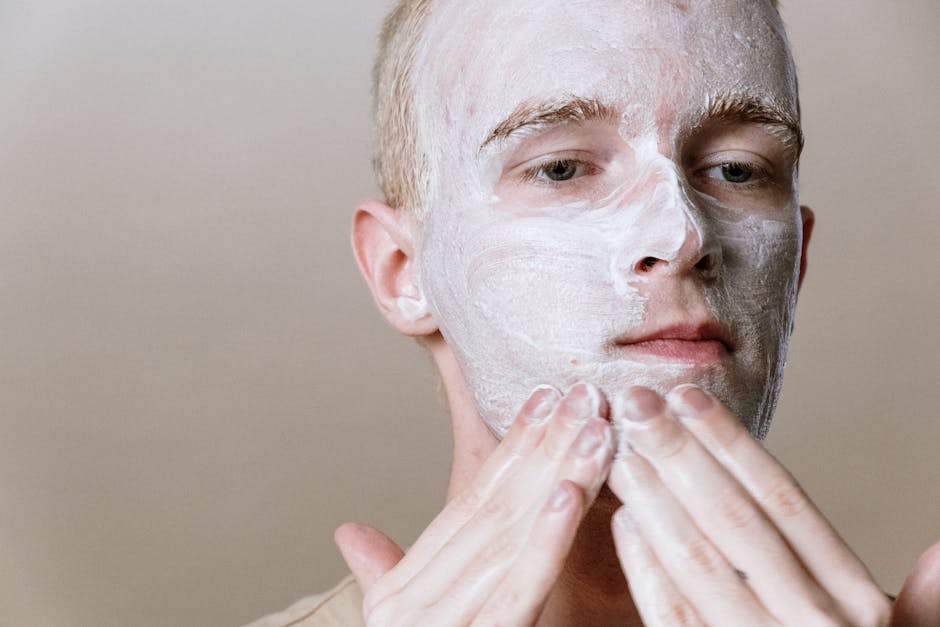Acne is a common skin condition that affects people of all ages. It can be caused by a variety of factors, including hormones, bacteria, and diet. While there is no one-size-fits-all cure for acne, there are a number of effective treatments available.
**Causes of Acne**
Acne is caused by a combination of factors, including:
* **Hormones:** Androgens are hormones that are produced by the adrenal glands and ovaries. They can stimulate the sebaceous glands to produce more oil, which can lead to acne.
* **Bacteria:** The bacteria Propionibacterium acnes (P. acnes) is found on the skin of all people. However, in people with acne, P. acnes can overgrow and cause inflammation.
* **Diet:** Some foods, such as dairy products and sugary drinks, can trigger acne in some people.
**Symptoms of Acne**
Acne can manifest in a variety of ways, including:
* **Blackheads:** These are small, dark bumps that form when sebum and dead skin cells clog the pores.
* **Whiteheads:** These are similar to blackheads, but they are closed and filled with pus.
* **Papules:** These are small, red bumps that are tender to the touch.
* **Pustules:** These are similar to papules, but they are filled with pus.
* **Nodules:** These are large, painful bumps that can form deep in the skin.
* **Cysts:** These are the most severe type of acne. They are large, pus-filled bumps that can cause scarring.
**Treatment for Acne**
There are a number of effective treatments available for acne, including:
* **Topical treatments:** These are applied directly to the skin and can help to kill bacteria, reduce inflammation, and unclog pores. Examples of topical treatments include benzoyl peroxide, salicylic acid, and retinoids.
* **Oral medications:** These are taken by mouth and can help to reduce the production of oil, kill bacteria, and reduce inflammation. Examples of oral medications include antibiotics, isotretinoin, and spironolactone.
* **Light therapy:** This treatment uses light to kill bacteria and reduce inflammation.
* **Chemical peels:** These treatments involve applying a chemical solution to the skin to remove dead skin cells and unclog pores.
* **Extraction:** This is a procedure in which a dermatologist uses a tool to remove blackheads and whiteheads.
**Prevention of Acne**
There are a number of things you can do to help prevent acne, including:
* **Wash your face twice a day:** Use a gentle cleanser and lukewarm water. Avoid scrubbing your face, as this can irritate the skin and make acne worse.
* **Moisturize your skin:** This will help to keep your skin hydrated and prevent it from becoming dry and flaky.
* **Avoid touching your face:** Touching your face can transfer bacteria to your skin and cause acne.
* **Eat a healthy diet:** Eating a diet that is rich in fruits, vegetables, and whole grains can help to reduce inflammation and improve your overall health.
* **Get enough sleep:** Sleep helps to reduce stress and inflammation, which can both contribute to acne.
**When to See a Dermatologist**
If you have acne that is severe or does not respond to over-the-counter treatments, it is important to see a dermatologist. A dermatologist can diagnose your acne and recommend the best course of treatment.
**Conclusion**
Acne is a common skin condition that can be frustrating and embarrassing. However, there are a number of effective treatments available. By following the tips in this article, you can help to prevent and treat acne and achieve clearer, healthier skin.

